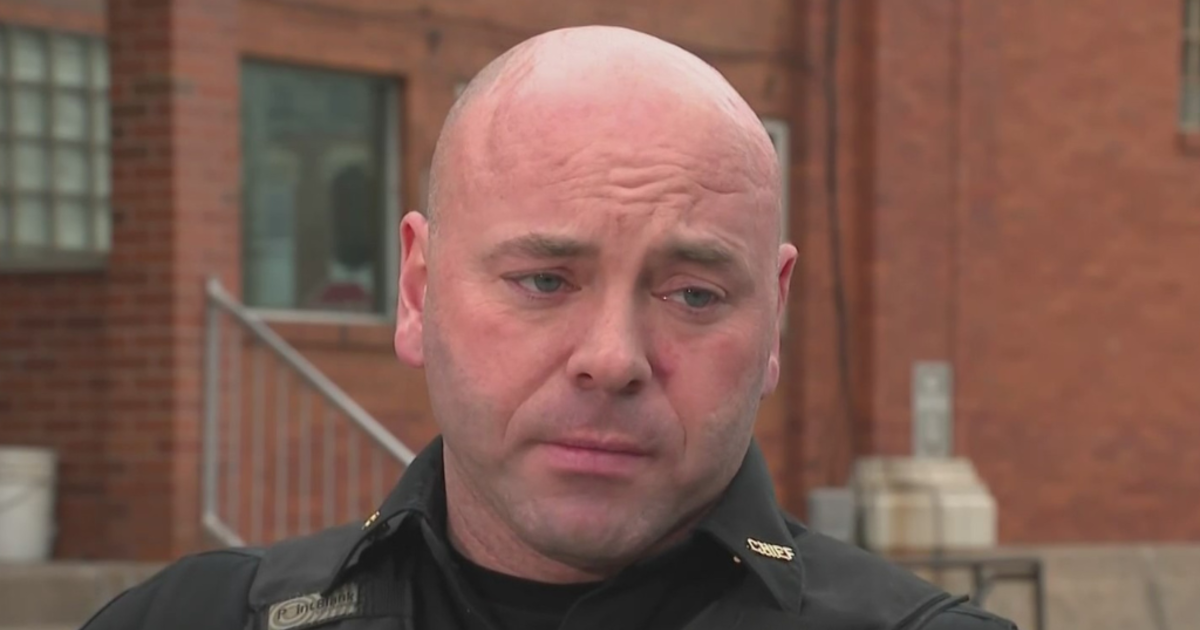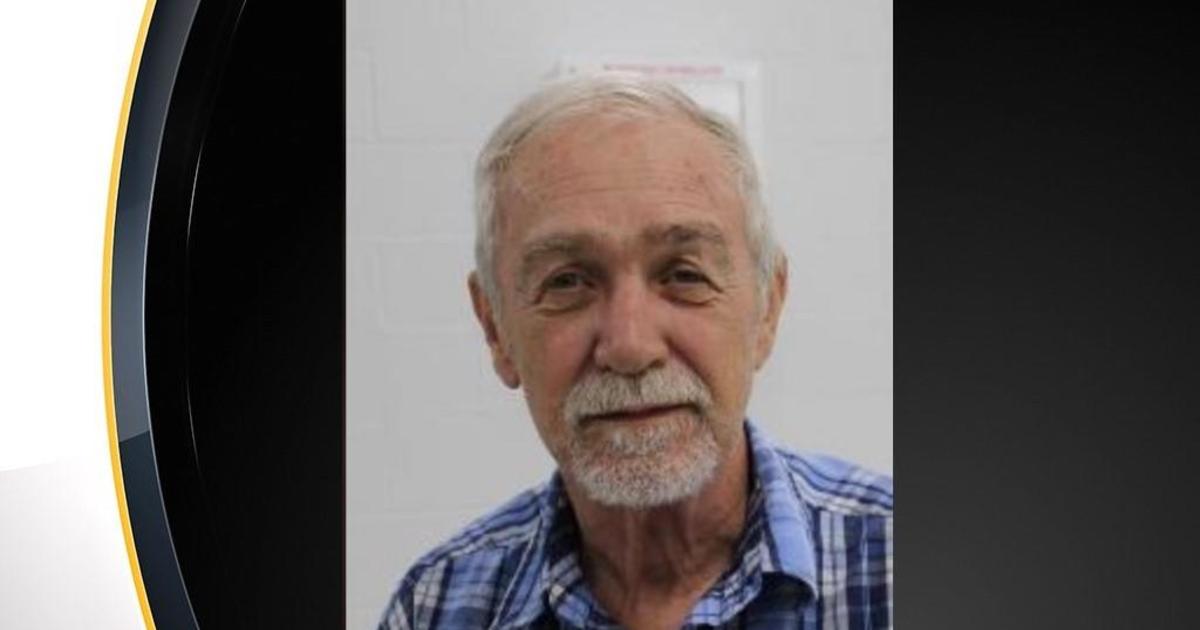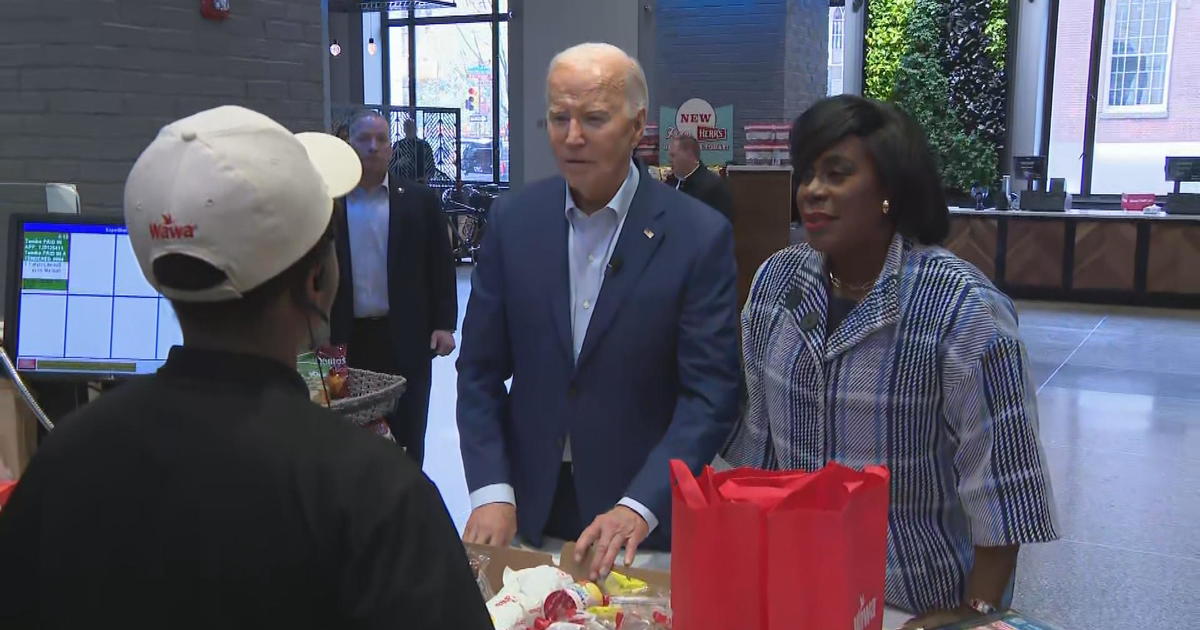Columbus Mayor Andrew Ginther Requests Federal Probe Into City's Police Following Series Of Deadly Shootings Of Black People
COLUMBUS, Ohio (AP) — Columbus Mayor Andrew Ginther requested a Department of Justice investigation into the city's police department Wednesday following a spate of police killings of Black people.
While Columbus is committed to reform and has already established a number of "significant" changes in the past few years, the Democratic mayor wrote in a letter that it is not enough.
"This is not about one particular officer, policy, or incident; rather, this is about reforming the entire institution of policing in Columbus. Simply put: We need to change the culture of the Columbus Division of Police."
It's not unusual for mayors or local law enforcement leaders to ask the Justice Department to review an agency's record. Those requests sometimes are made when city officials anticipate a federal probe is looming regardless of their wishes.
When the Justice Department does launch such a review, city officials can do little to stop it, so they generally welcome the investigations, at least in public. The mayors of Minneapolis and Louisville, Kentucky, quickly endorsed the reviews the Justice Department recently announced of those cities' police departments following the police killings of Breonna Taylor and George Floyd.
The request from Ginther came hours after the attorney representing the family of Ma'Khia Bryant, a 16-year-old Black girl who was fatally shot by a Columbus police officer last week, requested a federal investigation into her death and the state's foster care system.
Bryant is the latest in a series of high-profile shootings of Black men and children by law enforcement in Columbus over the past few months.
Columbus remains an outlier among other American cities under Justice Department scrutiny, with multiple initiatives launched to address complaints about the police department over the last few years, pushed by Ginther and the city's all-Democratic city council.
In 2016, shortly after Ginther took office, the city spent millions of dollars to buy police body cameras for the first time and is now in the process of spending millions more to upgrade them. The city recently created its first-ever civilian review board in a 2019 voter-approved measure pushed by Ginther and the city council.
On Monday, the findings of a $250,000 review commissioned by the city found that Columbus was unprepared for the size and energy of the racial injustice protests that took place last summer following the killing of George Floyd by Minneapolis police.
But even with these initiatives and reforms over the last few years, law enforcement officers in Ohio's capital city continued to find themselves in the middle of the larger issue of police brutality in America.
The city has faced fresh complaints in recent years over police shootings and use of force incidents. The most recent cases include Bryant, 27-year-old Miles Jackson and 47-year-old Andre Hill. The white police officer who fatally shot Hill has pleaded not guilty to a number of charges made against him by the state's attorney general's office.
The case of Casey Goodson Jr., a 23-year-old Black man who was fatally shot by Franklin County Sheriff's deputy in early December in Columbus, has widened criticism of policing in the city to include the county sheriff's office.
Before the recent police shootings, the city faced immense criticism for the 2016 shooting of Henry Green, a Black man, by two undercover white police officers working in an anti-crime summer initiative.
Later in the same year, a white officer fatally shot 13-year-old Tyre King, who was Black, during a robbery investigation. In 2017, a video showed a Columbus officer restraining a Black man lying on the ground and preparing to handcuff him when an officer — Zachary Rosen — who was also involved in the Green shooting arrived and appeared to kick the man in the head.
The city fired Rosen, but an arbitrator ordered him reinstated, angering many in the community while underscoring the challenge that police union contracts can pose for cities trying to hold officers accountable.
Federal involvement in the Columbus police department over allegations of officer misconduct isn't new.
In 1999, the Justice Department sued the city, accusing officers of routinely violating people's civil rights through illegal searches, false arrests and excessive force. A year later, the government added a racial profiling complaint, alleging that from 1994 to 1999, Black people in Columbus were almost three times as likely as whites to be the subject of traffic stops in which one or more tickets were issued.
A federal judge in 2002 dismissed the lawsuit after the city, which had fought it, made changes on the use of police force and handling of complaints against officers.
In the letter sent Wednesday, Ginther pledged to give the Justice Department the city's full cooperation if the agency agrees to take on the review.
"We want to be partners with the DOJ to bring about meaningful, sustainable and significant reforms," he wrote. "Not only is the elected leadership in the City of Columbus aligned with this request, but the residents of Columbus unquestionably share the same goal."
(Copyright 2021 The Associated Press. All rights reserved. This material may not be published, broadcast, rewritten or redistributed.)



